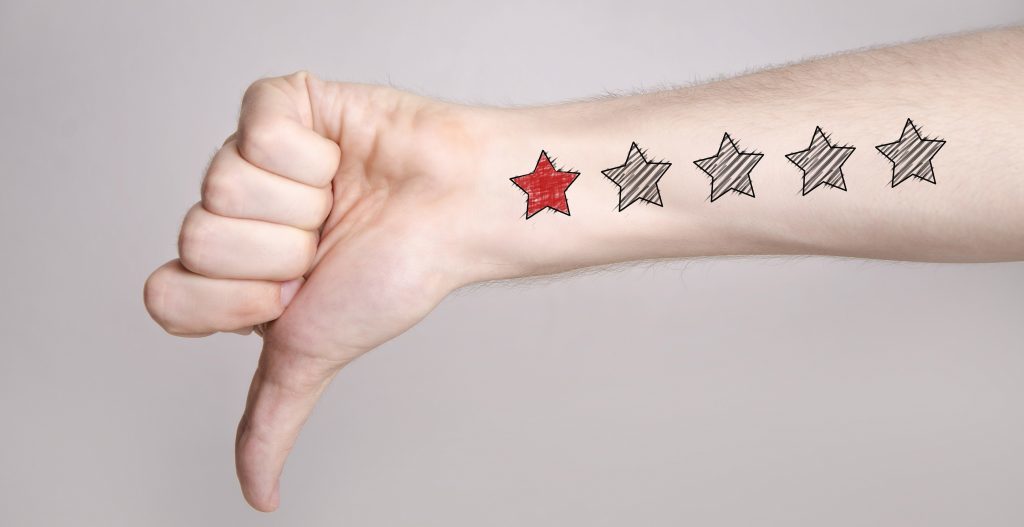 Chris Baker gives advice on dealing with negative reviews on social media.
Chris Baker gives advice on dealing with negative reviews on social media.
Panic, panic! We’ve been left an awful review on Google/NHS Choices/Facebook/in person (delete as applicable). Admittedly it isn’t the best feeling in the world, but the first thing to do is calm down. No good ever comes from responding to this type of communication in haste. Here are my eight pieces of advice to bear in mind:
1. Don’t ignore it – this is absolutely the worst thing that you can do. Reviews – good and bad – should always be responded to, unless they are offensive
2. Most of us don’t like confrontation, and so find bad reviews and this kind of feedback difficult. We take it as a rejection of us. Which in a sense, it is
3. Depending upon how you received the review, this will dictate how you respond to it. Bad reviews in person are in many ways the hardest as they are right there. Listen, empathise, say what you will do to follow up/deal with their complaint, and then ensure that you do it!
4. If they left a bad review in the practice, by email or telephone, if possible follow up in person, or if not by telephone and use email only as a last resort (it looks like you are avoiding them). Again, listen, empathise, say what you will do to follow up/deal with their complaint and then ensure that you do it
5. If the review is online, here, as well as replying to the complainant, you are writing so that the rest of your audience and potential patients can see how professionally you act. Thank them for their feedback (and sound like you mean it, even if you don’t!). Do not discuss any clinical case and say that you cannot do this due to patient confidentiality. Do not enter into a debate – even if you are right, the audience doesn’t know that and you will look petty. The only time I would recommend that you challenge the complaint is if you feel they have the wrong practice (which is not uncommon)
6. I have spoken to many practices who really struggle with this lack of challenge. If someone says something about you online that isn’t true and questions your professionalism, it is upsetting and the human reaction is to challenge the reviewer and their assertions. You must resist this. People will say things online that would never do in person and situations can quickly escalate. Swallow your pride and say, ‘I’m sorry we didn’t meet your expectations on this occasion’. Move on
7. If a person has left a negative review on Google on behalf of someone else, contact Google immediately to have it reviewed. Google has very strict review policies and you cannot review a product or service you have not experienced personally
8. Treat negative feedback as an opportunity to learn where you might be dropping the baton. We will all do that at times and it is good to review policies and procedures. If you deal with a negative review and make that patient happy again, it is very likely that you will have an evangelist for your practice who will tell everyone how great you are!
If you have any comments or suggestions for future dummies’ guides, get in touch with [email protected]. For more information on this story, call 0845 370 2211, email [email protected] or visit www.coronadental.co.uk.


